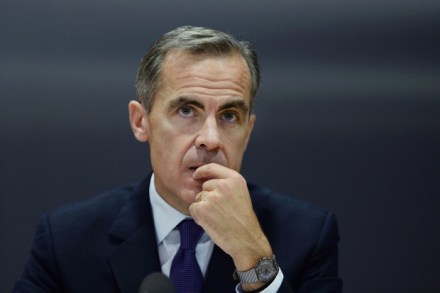Mark Carney reveals his personal Brexit plan
After days of speculation – and months of simmering tensions – over the Governor of the Bank of England’s future, Mark Carney has finally revealed his exit plan. Following a meeting with the Prime Minister, Carney announced that he will stay on as Governor of the Bank of England only until June 2019 – three months after the UK is expected to leave the European Union. In a letter to the Chancellor, Carney expressed his wish to extend his current five-year term by one year in order to ‘help contribute to securing an orderly transition to the UK’s new relationship with Europe’. While some Brexiteers will no doubt be cheering




















